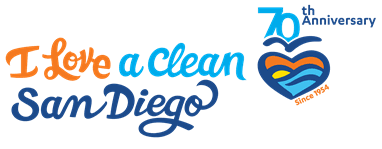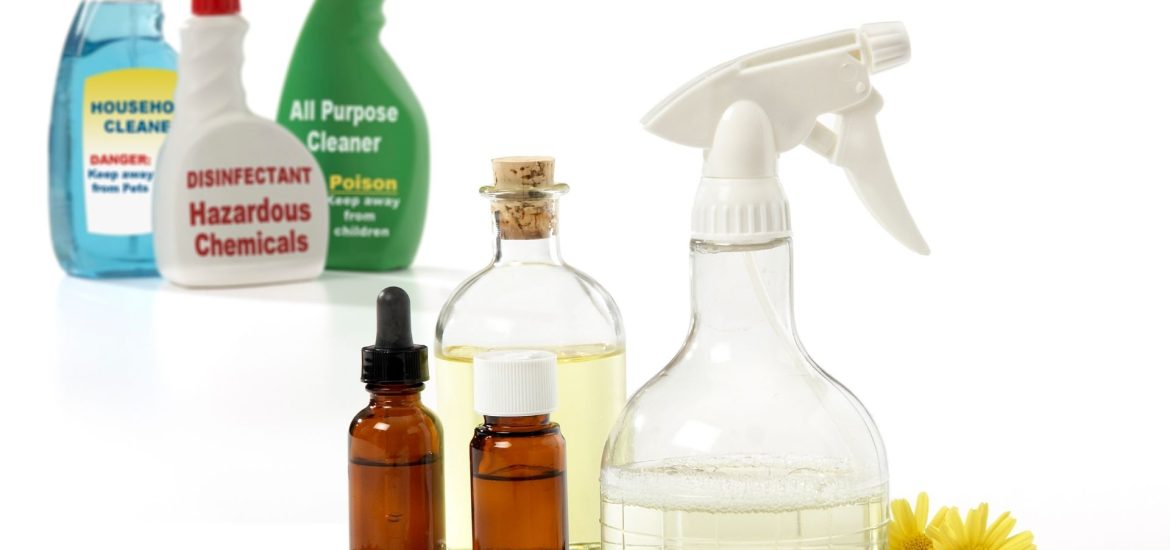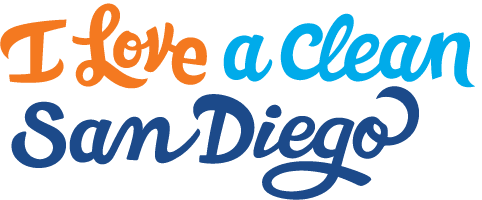Household Cleaners
An average of 120 different household cleaners are commonly found and used in and around the household. An average American household spends on average $638 per year on household cleaners alone on products such as bathroom cleaners and kitchen cleaners. The improper disposal of household cleaners creates a very real threat to individuals and the environment. Disposing of household cleaners in the trash can cause hazardous fumes that can injure your family or your local trash collector. Plus, it is illegal to discard of household hazardous waste in the regular trash!
Defining Household Cleaners
Household cleaners are consumer goods designed to assist in cleaning, pest control and general hygiene purposes for at home use. Leftover household products that contain corrosive, toxic, ignitable, or reactive ingredients are considered to be household hazardous waste. Household cleaners include:
- Auto detail products
- Oven cleaners
- Drain cleaners
- Toilet cleaners
- Bleach
- Pool chemicals
- Electronic cleaners
- All-purpose cleaners
- Paint thinner
- Nail polish remover
- Turpentine
- Carpet stain removers
- Detergents
- Disinfectants
Empty Household Cleaner Containers
Empty household cleaner containers can be placed in your recycling bin. Make sure to dry out small amounts of residue and leave the cap on for all containers.
Leftover Household Cleaners
Unused or leftover household cleaner containers must be taken to a Household Hazardous Waste Collection Facility to be disposed of. Residents are allowed to take up to 15 gallons or 125 pounds total volume of household hazardous waste per household per drop-off. Visit wastefreesd.org to find out which facility you can take it to.
Eco-Friendly Cleaners
Instead of buying conventional household cleaners that are full of chemicals, consider purchasing eco-friendly products that use recyclable packaging and natural ingredients.
Blueland is a company that is both Climate Neutral Certified and Cradle to Cradle Certified. Their ingredients are all sustainably sourced and they use packaging that is plastic free, recyclable and compostable. Blueland products are all made without water – just purchase their tablets and drop them in a Forever Bottle filled with water and start cleaning in minutes.
All Cleancult products are created using natural, powerful formulas. Their bottles are made with reusable, shatter-resistant glass which can be consistently refilled whenever you run out. Their refillable containers are all made out of recyclable milk cartons to reduce waste and plastic.
Supernatural products are all-natural and sustainably sourced, with the goal of having the lowest carbon footprint possible. Their bottles are designed to look aesthetically pleasing while lasting a very long time. Essential oils are also added to their all their products to make them smell amazing.
Grove Collaborative is a subscription-service company that is committed to zero-waste and provides carbon neutral shipping. A few examples of clean brands they carry are Meyer’s, Burt’s Bees and Method. All products in their subscription box are non-toxic and created using plant-based formulas.


